Related Research Articles

Sir Alexander Korda was a Hungarian–born British film director, producer, and screenwriter, who founded his own film production studios and film distribution company.
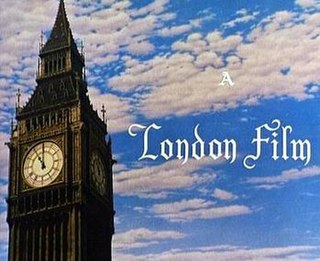
London Films Productions is a British film and television production company founded in 1932 by Alexander Korda and from 1936 based at Denham Film Studios in Buckinghamshire, near London. The company's productions included The Private Life of Henry VIII (1933), Things to Come (1936), Rembrandt (1936), and The Four Feathers (1939). The facility at Denham was taken over in 1939 by Rank and merged with Pinewood to form D & P Studios. The outbreak of war necessitated that The Thief of Bagdad (1940) be completed in California, although Korda's handful of American-made films still displayed Big Ben as their opening corporate logo.

Francis Loftus Sullivan was an English film and stage actor.
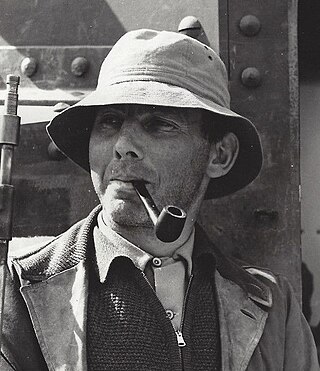
Zoltan Korda was a Hungarian-born motion picture screenwriter, director and producer. He made his first film in Hungary in 1918, and worked with his brother Alexander Korda on film-making there and in London. They both moved to the United States in 1940 to Hollywood and the American film industry.

Torin Herbert Erskine Thatcher was a British actor who was noted for his flashy portrayals of screen villains.
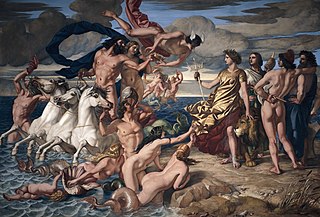
The British Empire has often been portrayed in fiction. Originally such works described the Empire because it was a contemporary part of life; nowadays fictional references are also frequently made in a steampunk context.
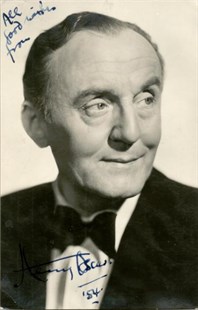
Henry Wale, known professionally as Henry Oscar, was an English stage and film actor. He changed his name and began acting in 1911, having studied under Elsie Fogerty at the Central School of Speech and Drama, then based in the Royal Albert Hall, London. He appeared in a wide range of films, including The Man Who Knew Too Much (1934), Fire Over England (1937), The Four Feathers (1939), Hatter's Castle (1942), Bonnie Prince Charlie (1948), Beau Brummell (1954), The Little Hut (1957), Beyond This Place (1959), Oscar Wilde (1960), Lawrence of Arabia (1962), The Long Ships (1963) and Murder Ahoy! (1964).
William Nuelsen Witney was an American film and television director. He is best remembered for the action films he made for Republic Pictures, particularly serials: Dick Tracy Returns, G-Men vs. the Black Dragon, Daredevils of the Red Circle, Zorro's Fighting Legion, and Drums of Fu Manchu. Prolific and pugnacious, Witney began directing while still in his 20s, and continued working until 1982.

Ian Marcus Wolfe was an American character actor with around 400 film and television credits. Until 1934, he worked in the theatre. That year, he appeared in his first film role and later television, as a character actor. His career lasted seven decades and included many films and TV series; his last screen credit was in 1990.

Swashbuckler films are a subgenre of the action film genre, characterised by swordfighting and adventurous heroic characters, known as swashbucklers. While morality is typically clear-cut, heroes and villains alike often follow a code of honour. Some swashbuckler films have romantic elements, most frequently a damsel in distress. Both real and fictional historical events often feature prominently in the plot.
George IV of the United Kingdom has been depicted many times in popular culture.

Renatus Heinrich Deltgen was a Luxembourgish stage and film actor, who spent most of his career in Germany.
Ernst Fritz Fürbringer was a German film actor. He appeared in 130 films between 1933 and 1983. He was born in Brunswick, Germany and died in Munich, Germany.

Barry K. Barnes was an English film and stage actor. The son of Horatio Nelson Barnes and Anne Mackintosh Barnes, he was born and died in London. He appeared in sixteen films between 1936 and 1947. He played Sir Percy Blakeney in the 1937 film The Return of the Scarlet Pimpernel. His film career was cut short in 1947 due to an undiagnosable illness contracted during the war. He was married to actress Diana Churchill, and worked with his wife on stage during the 1940s and 1950s, taking West End revivals of The Admirable Crichton and On Approval on profitable tours.
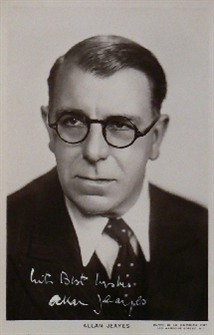
Allan John Jeayes was an English stage and film actor.
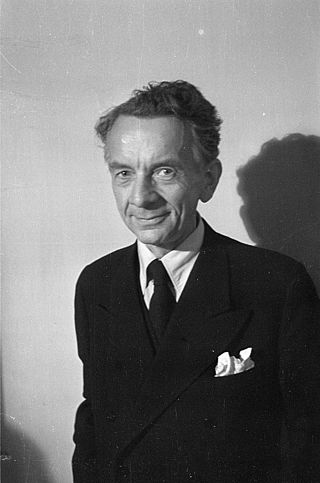
Erich Johannes Bruno Ponto was a German film and stage actor.
Harry C. Neumann of Chicago, Illinois, was a Hollywood cinematographer whose career spanned over forty years, including work on some 350 productions in a wide variety of genres, with much of his work being in Westerns, and gangster films.
Duncan Sutherland was a Scottish-born art director, based in England where he designed the sets for over eighty films and television series between the early 1930s and mid-1960s. Sutherland spent much of the 1940s employed by Ealing Studios where he worked on films including It Always Rains on Sunday and The Loves of Joanna Godden.